Improving Learning Processes and Outcomes Through the Problem Based Learning Model in Natural Science Learning in Class IV SDN 127/II Sungai Arang
DOI:
https://doi.org/10.33541/edumatsains.v10i1.7193Keywords:
Learning process, Learning outcomes, science, Problem Based LearningAbstract
This study was conducted in the form of action research carried out in the classroom with a Descriptive and numerical in nature approach, participants studied of this research are 15 students of grade IV SDN 127/II Sungai Arang At the implementation stage, this research consists of two cycles carried out by the researcher. Achievements of this From the results of the study it is known that use of problem-based learning strategies models is able to improve the process and results of learning science in class IV SDN 127/II Sungai Arang. This can be seen from the teacher's teaching process in cycle I reaching 84%, in cycle 2 the teacher's teaching process increased by 94%, The improvement in the teacher teaching process fromcycle I to cycle 2 increased by 10%.The learner's education process in cycle achieved 61%, then in the cycle 2 the student studying process boosted by 80%. The rise in the student learning process from cycle I to cycle II increased by 19%, Improving student learning achievement in In the first and second cycle stages with 17%. In addition, An increase also occurred in learning achievement, it is known that in cycle 1 student learning outcomes reached 60% and increased in cycle 2 by 87%, Improving student learning outcomes in cycle 1 to cycle 2 reached 27%. classroom action research using the Problem Based Learning model in learning science has been proven to improve the process and achievement of deep learning class IV on state elementary school127/II Sungai Arang.
References
Azizah, A. (2021). Pentingnya Penelitian Tindakan Kelas Bagi Guru dalam Pembelajaran. Auladuna : Jurnal Prodi Pendidikan Guru Madrasah Ibtidaiyah, 3(1), 15–22. https://doi.org/10.36835/au.v3i1.475
Evendi, E., & Verawati, N. N. S. P. (2021). Evaluation of Student Learning Outcomes in Problem-Based Learning: Study of Its Implementation and Reflection of Successful Factors. Jurnal Penelitian Pendidikan IPA, 7(SpecialIssue), 69–76. https://doi.org/10.29303/jppipa.v7ispecialissue.1099
Fitriyah, N. K., Suhartono, S., & Chamdani, M. (2024). Penerapan Model Problem Based Learning (PBL) Berbantuan LKPD Elektronik untuk Meningkatkan Hasil Belajar IPAS pada Siswa Kelas V Sekolah Dasar. Kalam Cendekia: Jurnal Ilmiah Kependidikan, 12(3). https://doi.org/10.20961/jkc.v12i3.85414
Komalasari, M., & Yakubu, A. B. (2023). Implementation of Student Character Formation Through Islamic Religious Education. At-Tadzkir: Islamic Education Journal, 2(1), 52–64. https://doi.org/10.59373/attadzkir.v2i1.16
Kusuma, Y. Y. (2020). Meningkatkan Hasil Belajar Siswa dengan Menggunakan Model Pembelajaran Problem Based Learning Di Kelas III Sekolah Dasar. Jurnal Basicedu, 4(4), 1460–1467.
Madhakomala, Aisyah, L., Rizqiqa, F. N. R., Putri, F. D., & Nulhaq, S. (2022). Kurikulum Merdeka dalam Perspektif Pemikiran Pendidikan Paulo Freire. At-Ta’lim : Jurnal Pendidikan, 8(2), 162–172. https://doi.org/10.55210/attalim.v8i2.819
Marwa, N. W. S., Usman, H., & Qodriani, B. (2023). Persepsi Guru Sekolah Dasar Terhadap Mata Pelajaran IPAS Pada Kurikulum Merdeka. Metodik Didaktik, 18(2), 54–64. https://doi.org/10.17509/md.v18i2.53304
Meylovia, D., & Alfin Julianto. (2023). Inovasi Pembelajaran IPAS pada Kurikulum Merdeka Belajar di SDN 25 Bengkulu Selatan. Jurnal Pendidikan Islam Al-Affan, 4(1), 84–91. https://doi.org/10.69775/jpia.v4i1.128
Sifa Nurul Aisyah, Mangara Sihaloho, Julhim S. Tangio, Astin Lukum, H. M. (2025). Pengaruh Model Pembelajaran Problem BasedLearning terhadap Hasil Belajar Siswa pada MateriLaju Reaksi. Jurnal Entropi, 20, 585–623.
Suryani, S. dan H. (2018). Buku Model Problem Based Learning (PBL). Sleman, Yogyakarta: CV Budi Utama.
Tamariska Febri Kristiana, E. H. R. (2021). Meta analisis penerapan model problem based learning dalam meningkatkan hasil belajar IPA siswa Sekolah Dasar. Jurnal Basicedu, 5(1), 466–467.
Downloads
Published
How to Cite
Issue
Section
License
Copyright (c) 2025 Sri rahayu

This work is licensed under a Creative Commons Attribution 4.0 International License.

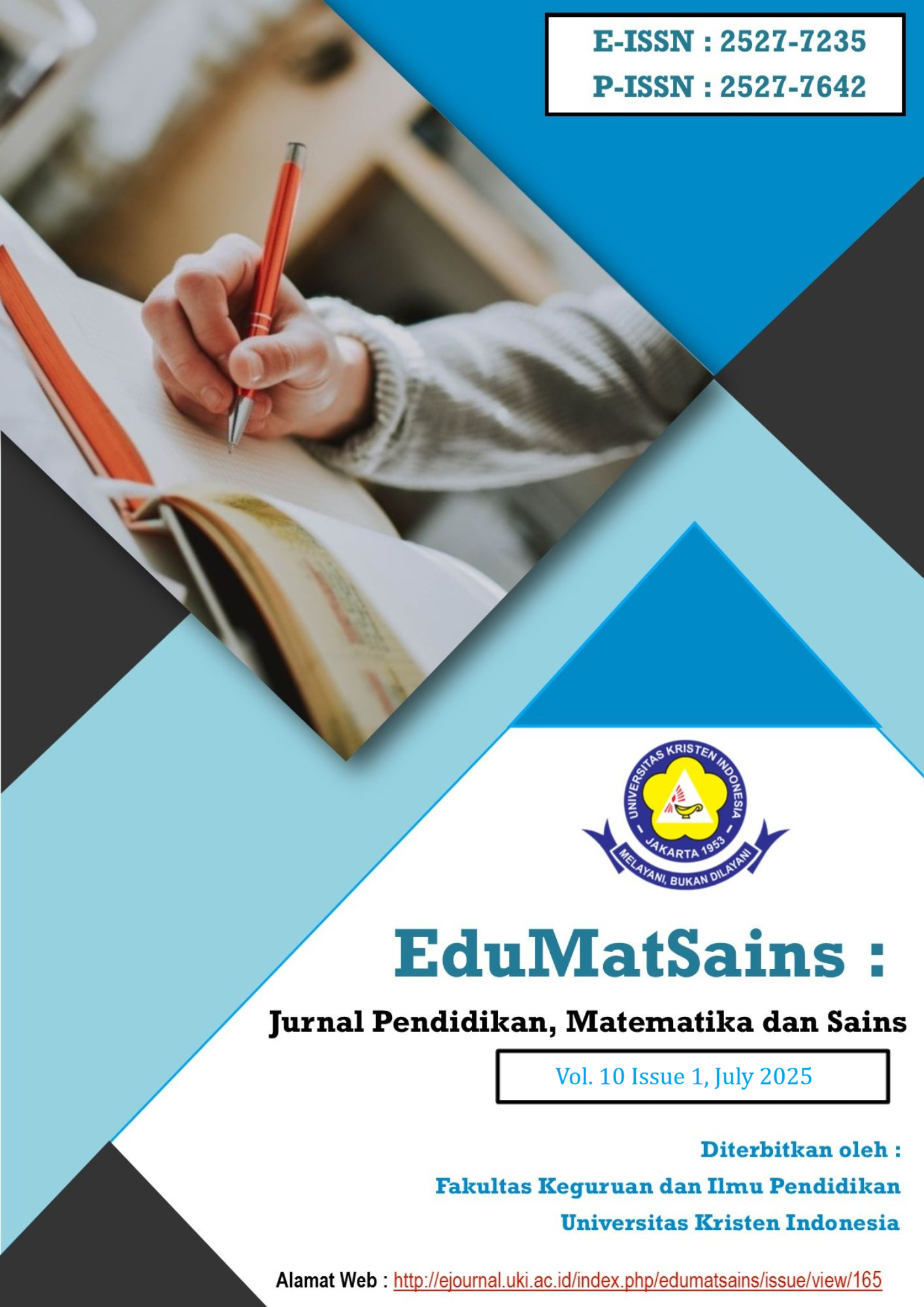

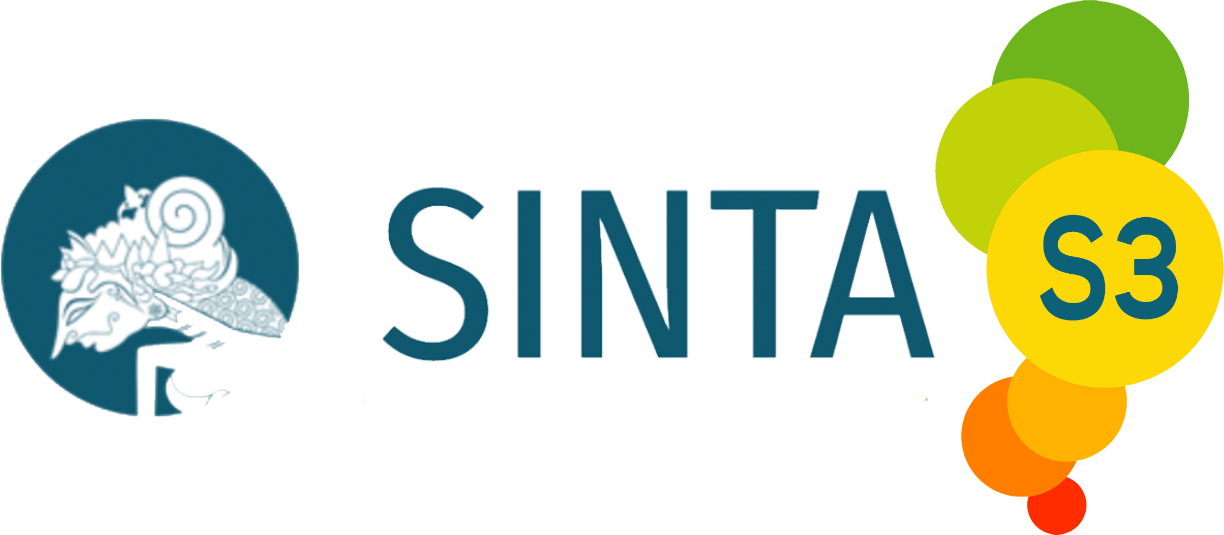



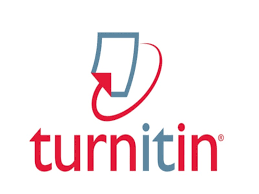
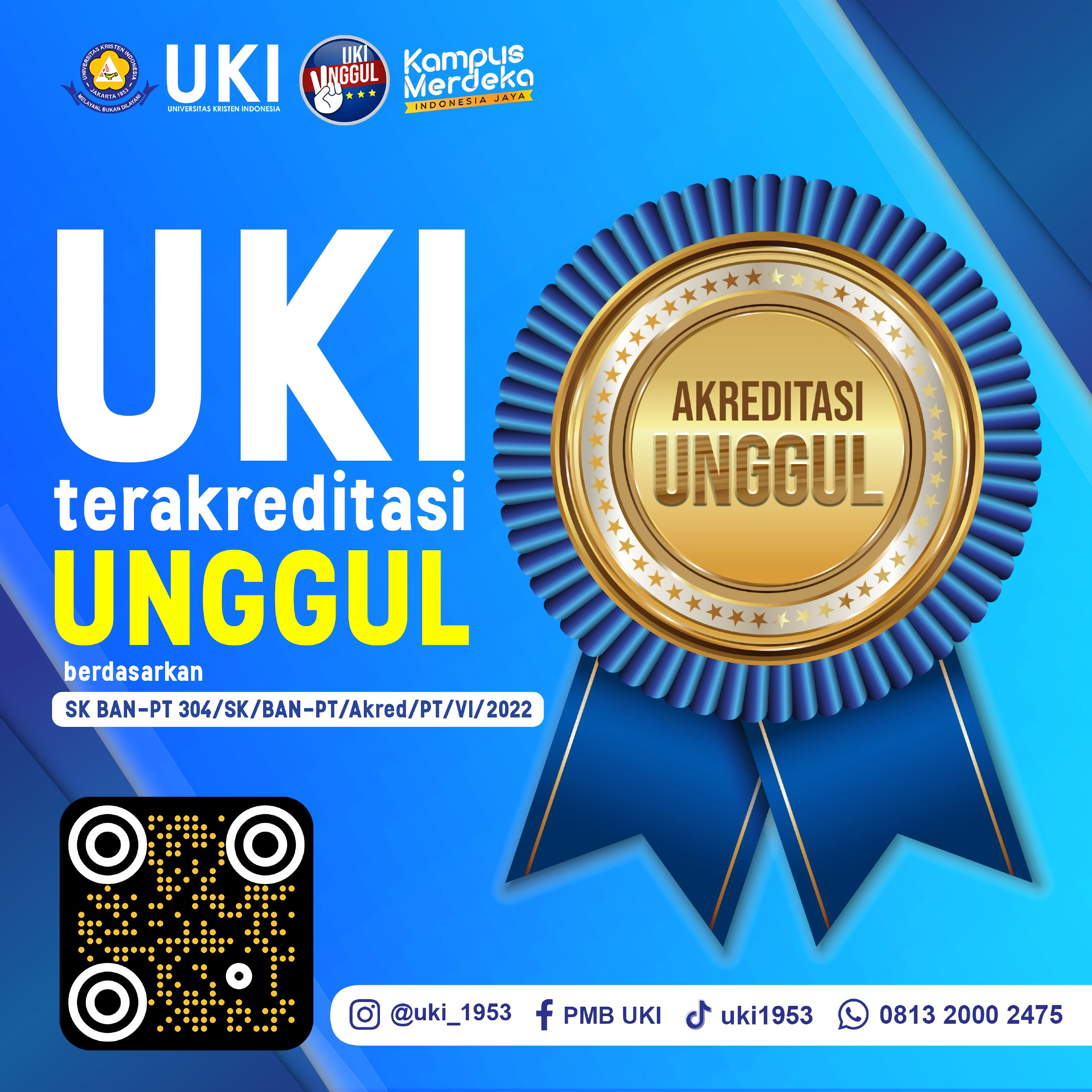
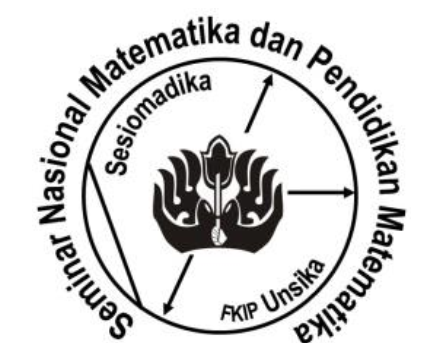











_(1).png)
